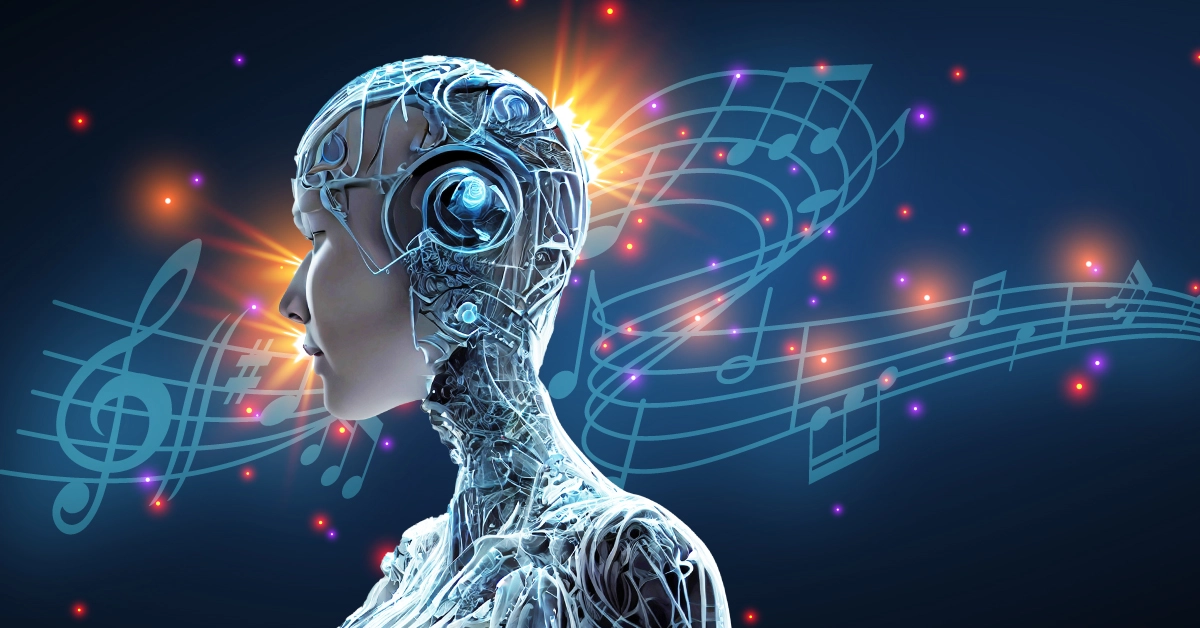
Sting has warned of the dangers faced in the music industry from the increasing use of artificial intelligence (AI) in song writing and musical production. As the BBC recently reported, the veteran rock star has warned of a struggle ahead.
"The building blocks of music belong to us, to human beings," he said. "That's going to be a battle we all have to fight in the next couple of years: Defending our human capital against AI."
The BBC cites examples of cloning the voices of famous vocalists and the recording industry’s moves to stop AI companies “violating copyright by training their software on commercially-released music.”
Sting was also dismissive in his opinion of the quality of music produced using AI: "I get immediately bored when I see a computer-generated image. I imagine I will feel the same way about AI making music.
Maybe for electronic dance music, it works. But for songs, you know, expressing emotions, I don't think I will be moved by it."
Copy that!

Message understood and that’s what we believe too, not only about AI in the field of music but in all areas of creative writing and visual communication. In our previous website newsroom article on AI, we focused specifically on copywriting and multi-channel communications.
We concluded the piece with our take on a post from the Forbes publication, describing how the author had observed that:
“AI has certain limitations when it comes to understanding human behaviour, empathy and cultural nuances. AI is not capable of replicating human emotional intelligence, which is an important element in creating an everlasting impression on customers.
“AI may struggle to accurately interpret certain contextual factors that are unique to different communities. Making sure to include human insights and perspectives will help you to create campaigns that resonate with diverse audiences.”
This resonates strongly with how Sting describes the effect that AI generated music had on him personally. And it also reflects the strongly held view of the BBI Brandboost team that AI can be a very useful tool but one that needs to be kept in its place. Whether in music or in any other creative field, human emotions, creativity, insights, imagination and intuition must play the starring role.
The value of originality

It is worth remembering that people value things which are unique. So while an original painting by Van Gogh would fetch millions at auction, you could, at time of writing, have picked up a ready-to-hang reproduction of his famous “Poppy Field” on eBay for £21.58. There may be nothing wrong with it as a decorative item, but it’s just not Vincent!
A similar principle can be applied there and elsewhere:
- With painting, people will wish to feel connected with the person that created a masterpiece, not only through their skill but by also imagining their work in the studio and their personal history.
- With music, apart from the problem that AI might be faced with in live performances in clubs and festivals, fans need to know that the sounds on the instruments, words that are sung and the voices that they hear are from the artists that they have a passion for.
- With marketing and communications, an agency’s clients will find confidence in the knowledge that content produced on their behalf has been discussed and tailored to the individual requirements of their business by experts. The positive perception and brand loyalty that they build within their target audiences will be based on genuine interpersonal communications rather than automated robotic messaging.
Here at BBI Brandboost, our core service of digital marketing would use AI when necessary, but within limitations similar to vehicle speed limits in urban areas. It should be employed with care and discretion, ensuring protection for the public domain from rapidly produced and distributed automated online content.
Please contact us with feedback you have on this article or to inform us about any impact that AI may have had on your business.